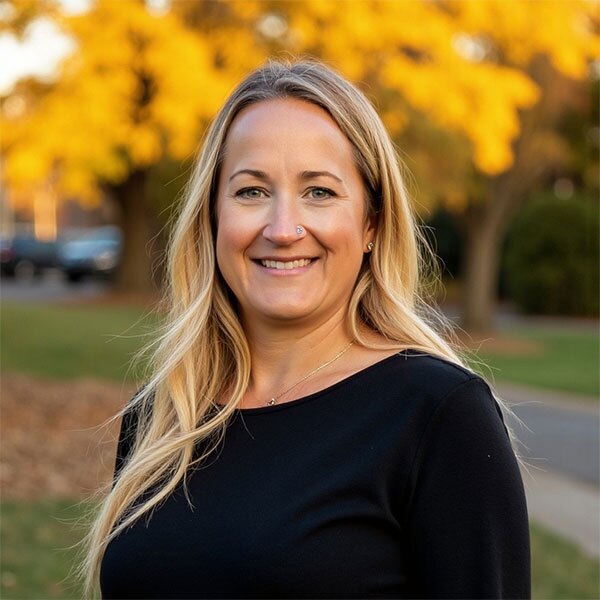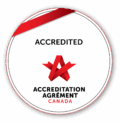For more information on how to access funding for veterans, visit our Veterans Financial Aid page.
Jodi Hughes (00:00):
Well, there are many programs that aim to assist veterans, but it can be tricky to know how to access them, and this is where we bring in aging in place specialist, MP Fortin with Ohana Care Health Services. Good morning, MP. Thank you so much for being with us.
MP Fortin (00:15):
Good morning. Thank you for having me.
Jodi Hughes (00:17):
What kind of programs are available and what do they target?
MP Fortin (00:23):
There are a lot of different programs for veterans. When you’re looking into aging in place, there’s a program called Veterans Independence Program, which is cleverly called VIP, which helps with anything from housekeeping to ground services, home care services, for all the eligible veterans for it. There are also fundings for caregivers that may be living with a family member or even outside care as well, and there is also money for … There is some funding for foot care services and all of this information can be accessed via the Veterans website, and also by calling your case manager from Veterans affairs.
Jodi Hughes (01:09):
Now getting specifically into foot care, how do you access something like that? How do you know that you have coverage?
MP Fortin (01:18):
The easiest way to know if you have foot care coverage is looking at your veteran’s card, your Medavie veteran’s card. If there is a K number located on that card, you are automatically eligible for free monthly foot care, otherwise there may be some other particularities, and again, you would need to call the number on the card to know if you’re eligible for it.
Jodi Hughes (01:38):
And are there restrictions? For example, do you need to be in a care facility or is it something that if you’re living at home and you’re independent, can you still access it?
MP Fortin (01:48):
Oh, absolutely. So long as you have that number, you can access it from your home, a care residence, even a retirement home, acute care settings, such as rehab centers and hospitals, granted that their COVID protocols allow it, but it’s as simple as giving a foot care nurse a phone call and scheduling the appointment. Everything is completely out of your hand from that point on and you can get some foot care coming to you wherever you live.
Jodi Hughes (02:14):
Now what about payment? Is this something that you have to pay for up front, or how does payment work with something like that?
MP Fortin (02:20):
No, so for Veterans Affairs, it’s direct billing so all we need need is to see that card and obtain that K number, and then we don’t even process any payments. It’s not something that you wait for the reimbursement down the road or down the line. It’s really just a straightforward process where a nurse comes, does your foot care once a month, and then we bill Veterans Affairs Canada directly.
Jodi Hughes (02:43):
Now why is foot care so important? It seems like it’s one of those areas of health that can sometimes be overlooked.
MP Fortin (02:50):
Yes, very much so. A lot of people don’t think about their feet, but it’s the base of your body. This is what keeps you active. If your feet hurt, you’re not going to be walking, you’re not going to want to go out, you’re not going to be doing your exercises, you won’t be ambulating in your home, and also, if you have diabetes, for example, if you have any sort of wounds or any infections, it can get really bad really quickly and it can lead up to amputations. So your foot care nurse really assessing your foot every time they come for a foot care treatment and looking at those wounds and looking at your nails, making sure there’s no fungus, it’s really, really important to keep a healthy lifestyle.
Jodi Hughes (03:32):
And so what I’m hearing from you is that it’s not something that you should wait to call for, you should be getting on this long before there are any issues and just have somebody take a look.
MP Fortin (03:42):
Oh, absolutely. Absolutely. And I mean, most foot care assessments, especially with Ohana Care, it is free so even if you just want a foot care nurse to look at it and see what type of issues, and assessing your health because they’re not only going to look at your feet, but also at your lifestyle, at your health conditions, and really assessing the best plan for you in order to get the best foot care and keep you active and going for as long as you can. Even if you are using a wheelchair as well, it is important to keep your feet healthy because those infections still are not to be overlooked.
Jodi Hughes (04:21):
Absolutely. MP, thank you so much for your time today and for the information. For folks who would like to learn more, they can head to OhanaCare.ca.





